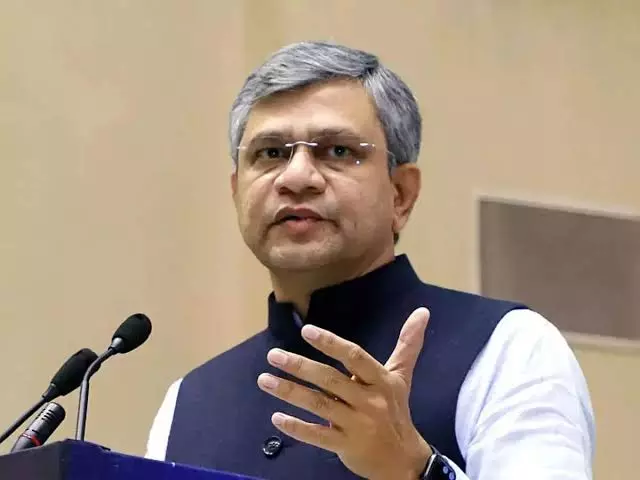India plans foundational AI model
India to build an AI foundational model, launching a GPU-powered compute facility for startups and researchers

This strategic move comes at a time when Chinese company DeepSeek has attracted global attention after its AI model surpassed ChatGPT as the top-ranked free app on Apple’s App Store, challenging the AI dominance of US-based firms like OpenAI. “India will build a foundational model that is world-class and capable of competing with the best models across the globe,” Vaishnaw said.
Under the India AI mission, the government is focused on leveraging AI to address large-scale challenges in healthcare, education, agriculture, logistics, weather forecasting, and more. “We launched an application proposal and I am happy to say that 18 applications have been selected for the first round of funding. These span agriculture, learning disability, and climate change,” Vaishnaw noted.
India also announced the next steps in its AI roadmap, including making 18,693 GPUs available through empaneled bidders such as Jio Platforms, CMS Computers, Tata Communications, E2E Networks, Yotta Data Services, and others, and initiating an AI safety institution with eight approved projects. The government is inviting proposals to develop India’s own foundational models aligned with the Indian context, languages, and culture, ensuring the removal of biases in the datasets.
Vaishnaw assured that the common compute facility, powered by 18,693 GPUs, would be offered at a fraction of prevailing global costs. The service will be “significantly less than one dollar per GPU hour” after 40 percent of costs are covered by the government. “Making modern technology accessible to everyone reflects our Prime Minister’s economic vision. Ours is the most affordable computing facility at this point of time,” he said.
According to the minister, at least six major developers or startups could build foundational models within eight to ten months, with a more optimistic timeline of four to six months. “Algorithmic efficiency matters a lot; it can deliver a model at a much lower cost and in less time than the world has seen so far,” Vaishnaw added, emphasizing that India will have a world-class foundational model in the coming months.

